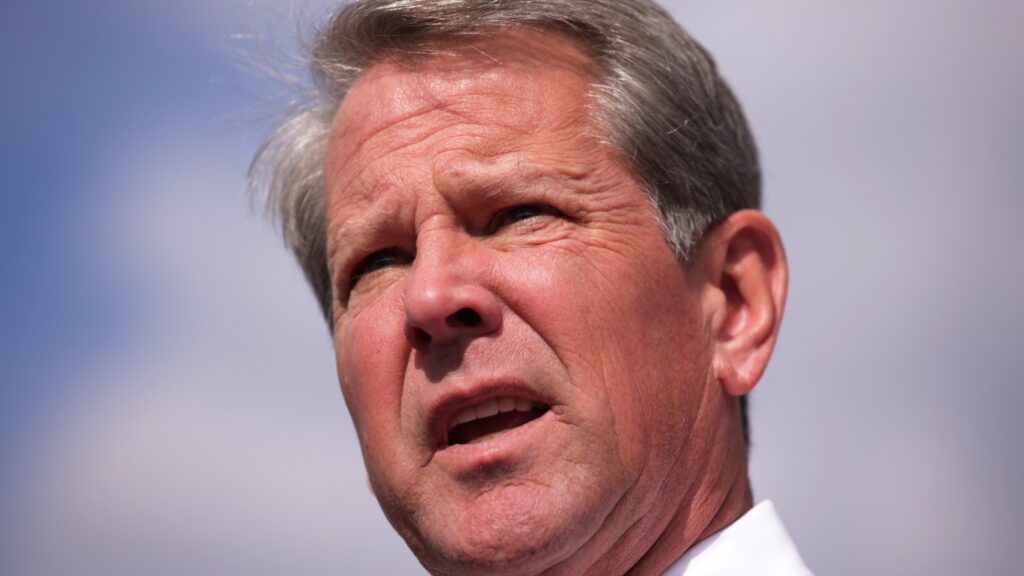Music at Home: Songs of Resistance
Throughout world history, music has served as a balm for those living under oppression, as much it’s served as a tool of empowerment. The latest installment in Rolling Stone‘s new weekly playlist series, “Music at Home,” features 12 tracks honoring the legacy of global Black resistance in song. Feel free to blast these songs as you pre-game for the next protest against anti-Black violence and police brutality — or alternatively, as you direct money towards jail support and mutual aid funds from the safety of your own home.
(Find this playlist on Spotify here.)
Rage Against the Machine, “Killing in the Name Of”
If any good came of the rap-rock wave of the Nineties, it was Rage Against the Machine. In their 1992 clarion call, “Killing in the Name Of,” frontman Zack de la Rocha sounds off on the modern American police force — notably modeled after the slave patrols of the 1800s — as a safe haven for white supremacist groups like the Ku Klux Klan. “Some of those that work forces/Are the same that burn crosses,” de la Rocha spits with an unshakeable furor that resonates to this day.
Beyoncé feat. Kendrick Lamar, “Freedom”
In her 2017 visual album, Lemonade, Beyoncé called fellow Black women to “get in formation.” Elsewhere on the album, the inimitable Queen Bey calls for backup from Pulitzer-winning rapper Kendrick Lamar in “Freedom,” a pro-Black anthem with enough soul to fill a hundred football stadiums.
A Tribe Called Quest, “We the People…”
Not long after the untimely 2016 death of their co-founder Phife Dawg, alt-rap heroes A Tribe Called Quest issued an acerbic parody of Donald Trump’s mission to “Make America Great Again.” Together, Phife and Q-Tip list the many Americans not only excluded by this mission, but actively antagonized by it, among them African-Americans, Latinos, Muslims, working poor, and LGBTQ people. “When we get hungry we eat the same fucking food: The ramen noodle,” cracks Q-Tip.
Jamila Woods, “Blk Girl Soldier”
Chicago organizer and R&B luminary Jamila Woods made her breakthrough moment in 2016 with this chilling reflection on the experience of Black women under kyriarchy (a term for the triple-whammy of white supremacy, patriarchy, and capitalism). “Look at what they did to my sisters/Last century, last week/They make her hate her own skin/Treat her like a sin.”
Joe Arroyo, “La Rebelión”
The fight for Black lives goes well beyond the U.S. border — and the late Colombian salsa legend Joe Arroyo dedicated his life to amplifying the history of Black people in Latin America. In the feverish bustle of “La Rebelión,” Arroyo tells the story of an enslaved man who defended his wife against Spanish captors in the 1600s.
Xenia Rubinos, “Mexican Chef”
When most people think of resistance, they think of taking the streets. Cuban-Puerto Rican artist Xenia Rubinos takes it inside the kitchens of New York City — noting that whether in homes or in restaurants, people of color often spend most of their waking moments catering to white, upper-class patrons. “Brown walks your baby/Brown walks your dog/Brown raised America in place of its mom,” she sings in “Mexican Chef,” a witty reminder that, without the painstaking labor of Black and brown people, the United States would simply cease to exist.
X-Ray Spex, “Oh Bondage! Up Yours!”
Led by the Somali-British reggae singer-turned-punk rock firebrand Poly Styrene, X-Ray Spex set Seventies London ablaze with their call to arms against consumerism and its role in enforcing gender roles. “Some people think little girls should be seen and not heard,” opens Styrene, “but I think… Oh, bondage! Up yours!”
Algiers, “The Underside of Power”
On “The Underside of Power,” singer-songwriter Franklin James Fisher and his Atlanta post-punk band draw from the Southern gospel tradition and rally for spiritual might in the face of their oppressors. “Stay strong/Change is coming on,” Fisher bellows, channeling both the soul of Sam Cooke and the vision of Fred Hampton. “One day a change is gonna come.”
Janet Jackson, “Rhythm Nation”
Janet Jackson spent the better part of the Eighties trying to prove her pop mettle apart from her older brothers — then, in 1989, she pivoted to consciousness-raising new jack swing with her concept album Rhythm Nation 1814. “We are a nation with no geographic boundaries, bound together through our beliefs,” says Jackson in the prelude to her smashing title track, outlining the liberatory aims of her own imaginary country. “We are like-minded individuals, sharing a common vision, pushing toward a world rid of color lines.”
Moor Mother, “After Images”
Philadelphia avant-gardist Camae Ayewa teams up with Godflesh guitarist Justin Broadrick to craft an industrial blues fight song. “They don’t wanna see me shine/From the start to the finish line,” Ayewa chants, “5, 4, 3, 2/’Cuz after they come for me they gonna come for you.”
Run the Jewels feat. Pharrell Williams and Zack de la Rocha, “JU$T”
For their surprise early release, RTJ4, Run The Jewels played a little celebrity Mad Libs and emerged with a trap rager fit for 2020. It’s perhaps the most radical stance you’ll ever hear Williams take in his music — it’s hard to believe this is the same guy who once sang “Happy.” But de la Rocha seems right at home slamming elites with Killer Mike and El-P: “The 13th Amendment says that slavery’s abolished/Look at all these slave masters posing on your dollar.”
Public Enemy, “Fight the Power”
Though originally made-to-order for Spike Lee’s 1989 dramedy, Do the Right Thing, Public Enemy’s “Fight the Power” remains an enduring protest theme in 2020. (“Our freedom of speech is freedom or death/We got to fight the powers that be!”) It’s also chock full of essential Black music history: In just under five busy minutes, the song samples such legendary artists as James Brown, Afrika Bambaataa, Trouble Funk, The Dramatics, Branford Marsalis, and more.





